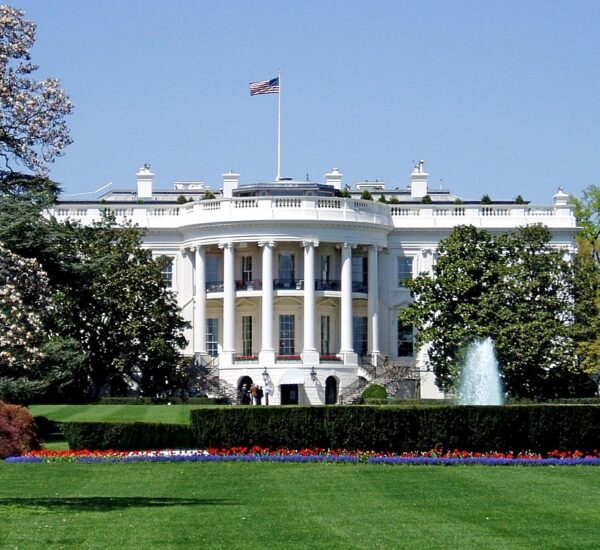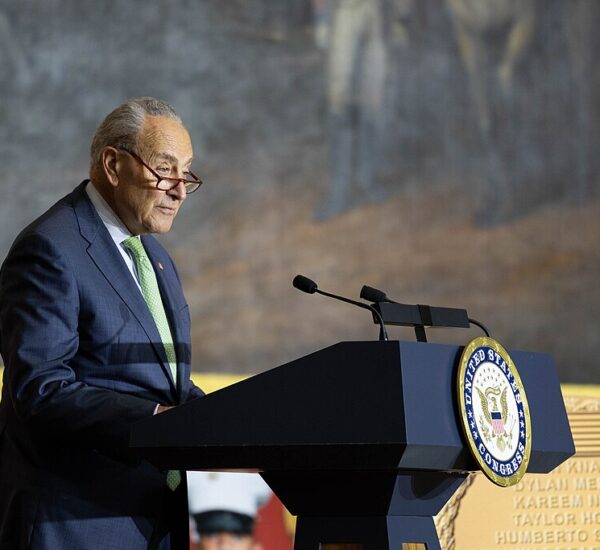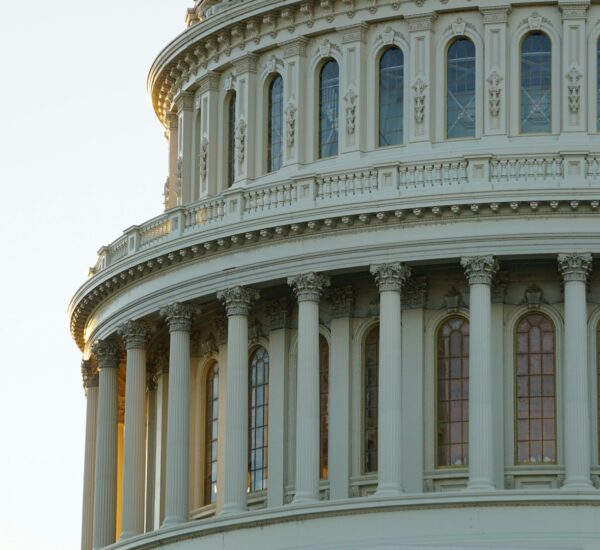Why does these Supreme Court keep doing this?
Washington, D.C. – In a dramatic late-night decision, the U.S. Supreme Court has temporarily halted the deportation of Venezuelan nationals detained in Texas, putting a pause on a key Trump administration effort to remove individuals suspected of gang affiliation and illegal entry.
The court’s unsigned order blocks any removals from the Bluebonnet Detention Center in North Texas, where several Venezuelans are being held. The move came after an emergency appeal by the American Civil Liberties Union (ACLU), which claims the government violated detainees’ due process rights.
Trump’s Use of Wartime Law Starts Legal Battle
Within the heart of the case is the Alien Enemies Act of 1798, a wartime law that allows the President to detain and remove foreign nationals during times of conflict. President Trump invoked the law to target suspected members of the Tren de Aragua, a dangerous Venezuelan gang known for trafficking, violence, and criminal infiltration across the southern border.
Administration officials argue that this legal tool is essential to protect national security and prevent violent criminal networks from embedding themselves in U.S. communities.
Liberal Groups Push Back Against National Security Measures
The ACLU alleges that the notices given to detainees were inadequate and failed to comply with earlier court rulings. They claim that some migrants couldn’t even read the documents due to language barriers. Despite those objections, the Trump administration insists that its procedures are lawful and that it is acting within its constitutional authority to defend American lives.
Conservative Justices Clarence Thomas and Samuel Alito dissented, signaling strong opposition to the court’s interference in urgent immigration enforcement efforts.
Alien Enemies Act: Rarely Used but Highly Effective
The Alien Enemies Act has only been invoked three times in U.S. history. Its most notable use came during World War II, when Japanese nationals were detained to prevent espionage and sabotage.
President Trump’s use of this historic law represents a bold return to law-and-order policies and America First immigration enforcement—a sharp contrast to the lax border control under previous administrations.
Court Fight Continues – What Comes Next?
Two lower courts declined to intervene, and the U.S. Court of Appeals for the 5th Circuit has not yet ruled. The Supreme Court’s emergency order now puts everything on hold, pending further review.
In the meantime, the Trump administration is expected to continue fighting for swift deportations, especially when it involves individuals with ties to international gangs and organized crime.
“President Trump is using every lawful tool to secure our border and keep American families safe,” a senior administration official said. “The courts should not stand in the way of common-sense national security.”
🚨 Bottom Line for American Patriots
This case highlights the ongoing battle between President Trump’s border enforcement policies and activist legal groups determined to undermine them. As the 2024 campaign season heats up, expect immigration, crime, and national security to stay front and center.







It’s time to expunge the idiot leftists from SCOTUS, or deep-six it altogether. I am sick to death of their willful cowardice.
I have a suggestion about the illegals. Put them In the Supreme Justice neighborhood and see what they say about that.